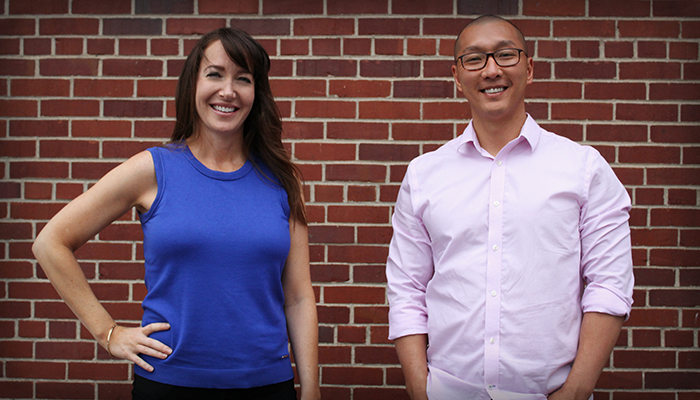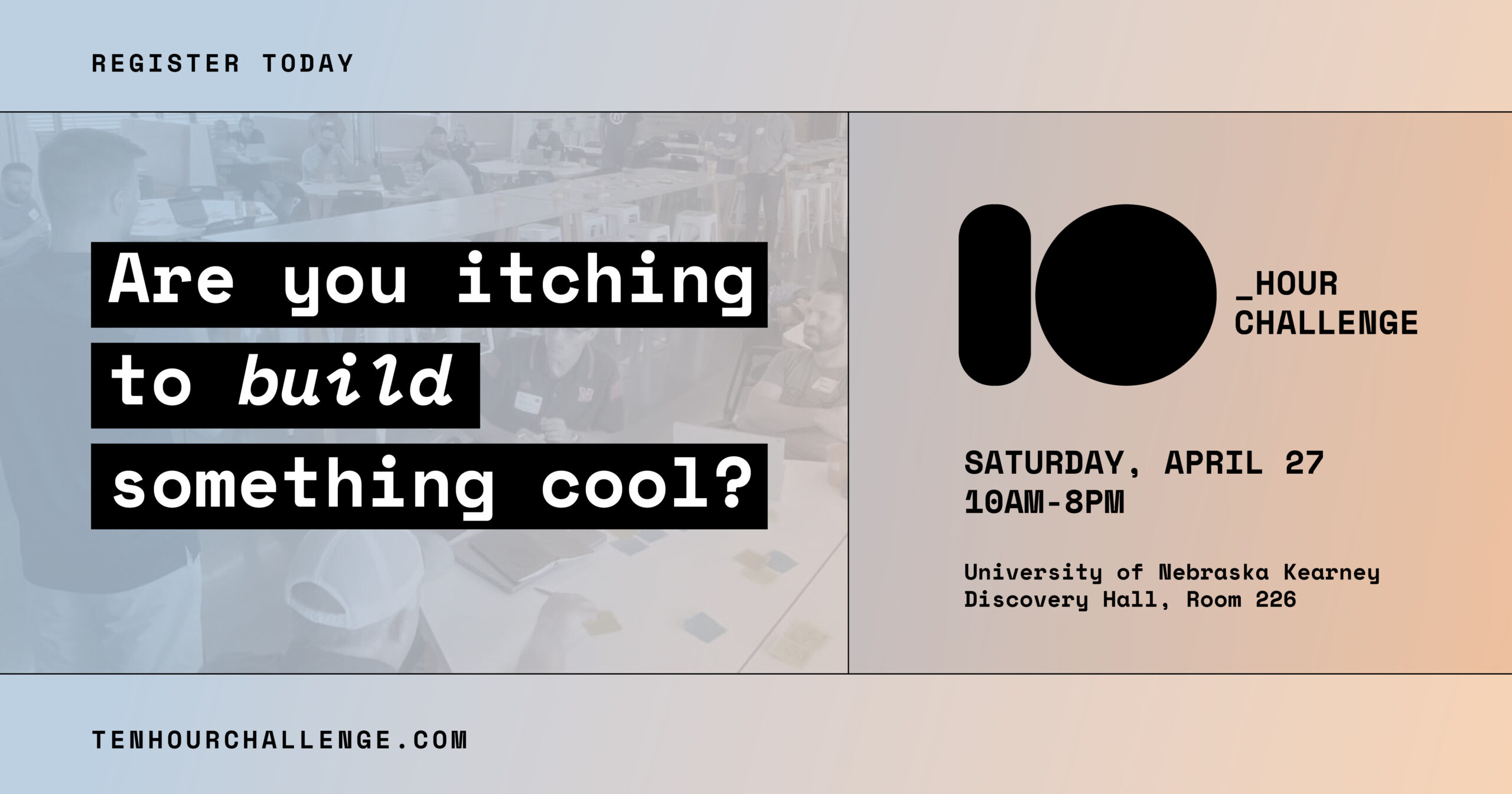
After being a lawyer for 11 years in places like Washington D.C. and Los Angeles, Jennifer Barry was at a loss with how to propel her career forward.
“I really wanted to get off of the wheel that was practicing law, but I didn’t know what I wanted to do,” said Barry, founder and CEO of Revolve Fine Art. “So I moved back to Omaha and started interviewing people.”
What started as a way of looking for job opportunities, soon turned into a whirlwind of networking for Barry. She explained that she was simply looking for a job and that she never thought she would end up starting her own business as a result of these interviews.
“I started networking and interviewing people that I thought were doing something interesting and had a passion for what they were doing, said Barry. “And then I ended up meeting an artist and was completely fascinated by him.”
More than 76 interviews later, Barry found herself immersed in the art world. She was constantly meeting new people, going to shows and examining how it all worked.
“I was fascinated by this whole group of people that had a huge passion for what they do,” said Barry. “The difference was night and day from where I was coming from.”
After talking with numerous artists, Barry kept hearing the same thing over and over.
“They had a really hard time getting represented in Omaha,” said Barry. “No one wanted to represent local artists. They only wanted to represent people from big cities like New York or Los Angeles. I thought that was really tragic because we have a huge amount of talented artists here.”
That’s when Barry had a new idea. She wanted to start leasing artwork to local corporate businesses.
Bringing local art to local businesses
Revolve currently represents 27 artists and is always looking for more. Barry explained that leasing artwork gives businesses the option to change out their art as often as once a year.
“Something that makes leasing artwork appealing to corporate offices is that you can write off the expense as an operating expense because it’s a lease,” said Barry.
Barry explained that the curator from Revolve starts the process by assessing the space and then sends the business a proposal with a few options.
“We’ll include recommendations based on their unique taste and what their space looks like, and then they’ll choose the art they want based on our proposal,” said Barry.
The current revenue model for Revolve is a sliding scale based on the retail price of the artwork. So the leasing is a percentage of the retail price.
“Artists get a 50 percent commission, so it’s a 50/50 split between the artist and Revolve,” said Barry. “When the artist has earned 70 percent of the cost of the piece, Revolve will own the artwork.”
Lessons learned and competition
Now in its third year, one of the major things Barry has learned is to moderate her emotion.
“I don’t get as high, and I don’t get as low,” said Barry. “The day that you’re really low, it seems like the next day something really awesome will happen and vice versa. I think balance is key for survival.”
As far as competition goes, Barry said she sees competition, but no one executing the way she is. However, she thinks it’s only a matter of time before she starts to see more competitors.
“Nationally, there are some companies that are leasing, but they’re dying pretty fast,” said Barry. “My plan is to have it in as many major metropolitan cities as I can, and so far there’s no one that has done it outside their location of origin.”
StraightShot and beyond
Revolve Fine Art is one of the eight new startups that will be participating in the Straight Shot accelerator starting this week. When asked about what the team is most looking forward to, Barry said she is most excited to work with the other teams.
“Even though they’re different businesses, I think there is so much value in being around other like-minded people and getting their ideas,” said Barry. “It’s something that I really value, and I think it really helps your mind work better when you’re around other people that are generating ideas.”
Barry explained that she has many goals for Revolve and that they may change as time goes on. But right now one of the team’s main focuses is automating everything they are currently doing manually. They also plan to decide if Revolve will be a franchise model.
“From a financial perspective, franchising makes the most sense,” said Barry. “Our biggest goal is local art for local businesses so we need to have bodies in each location. It can’t be entirely virtual. The vision at this point is to get this technology done and to have it automated in Omaha so that we have a proof of concept here and then we franchise it to the nation.”
The team is also working on getting an app developed so that they can virtually curate.
“That way you can not only see the work up close, but you can see where you want it in your space virtually,” said Barry. “There’s so many contingencies to get it to that point. The smaller picture is getting it franchised and getting this corporate-leasing model into as many cities as it makes sense to.”
The future of art curation
When asked about the future of the industry, Barry thinks it is going to turn upside down in the coming years.
“The last disruption in the art market, art world and business model was in 1854,” said Barry. “I think there are a lot of things happening right now in the art world that need to happen because artists have been historically so controlled and repressed by dealers and galleries.”
Barry explained that today artists can show their own work and don’t have to have someone representing them anymore.
“But there’s so far to go. It’s such an entrenched, old school market that there’s no way to go except upside down,” said Barry. “In ten years I see it being a completely different world and hopefully a world where artists have a lot more autonomy and a lot more power.”
–
Melanie Lucks is a communications intern for Silicon Prairie News and AIM Careerlink.




